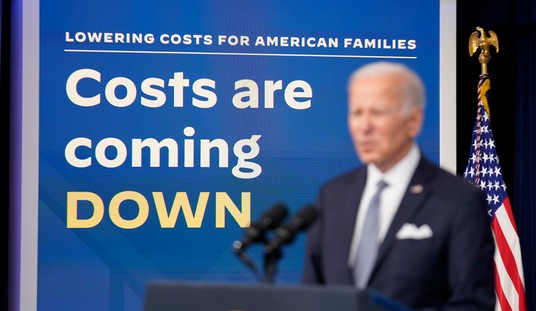Raise the minimum wage in Seattle they said. It will help workers they said. Well, the city did increase the minimum wage from the previous rate of $9.47 to $15, which is to be phased in by 2018. It’s now at $11, and lo and behold it has hurt workers. A study found that workers would’ve already seen an increase in wages without the hike because of the increased economic activity and more would’ve been employed. Instead, hours were cut, fewer people worked, and all of this was painfully predictable (via WaPo):
The average hourly wage for workers affected by the increase jumped from $9.96 to $11.14, but wages likely would have increased some anyway due to Seattle's overall economy. Meanwhile, although workers were earning more, fewer of them had a job than would have without an increase. Those who did work had fewer hours than they would have without the wage hike.Accounting for these factors, the average increase in total earnings due to the minimum wage was small, the researchers concluded. Using their preferred method, they calculated that workers' earnings increased by $5.54 a week on average because of the minimum wage. Using other methods, the researchers found that the minimum wage hike actually caused total weekly earnings to drop -- by as much as $5.22 a week.
The study is just one of dozens economists have conducted to measure the effects of the minimum wage on local businesses and workers' lives. These studies have often produced contradictory results, even as policymakers and voters across the country are raising the minimum in big ways.
[…]
There can be negative effects. Increasing the minimum wage increases the costs of hiring workers. As a result, employers must accept reduced margins or customers must pay steeper prices.
If employers cannot stay in business while paying their staff more, they will either hire fewer people or give their workers fewer hours. As a result, even if wages per hour increase, workers' total earnings could decline.
Recommended
So, if this is the impact at just $11, I guess we can say that an economic iceberg is about to hit California and New York, as both states raised their minimum wage rates to $15. In 2013, over 700,000 jobs were lost due to minimum wage hikes. The American Action Forum found that every $1 increase accounted for a 1.48 percent spike in the unemployment rate. That’s quite a steep butcher’s bill. Moreover, some establishments are simply transitioning to electronic kiosks for orders to help blunt the inevitable rise in overhead costs due to these increases. Still, Democrats will push for these economically deficient policy proposals because they sound good, it looks good, and people buy into it hook, line, and sinker. If you’re against it, prepare to be painted as anti-poor and heartless—which is exactly how Democrats want to portray Republicans during an election year.

























Join the conversation as a VIP Member